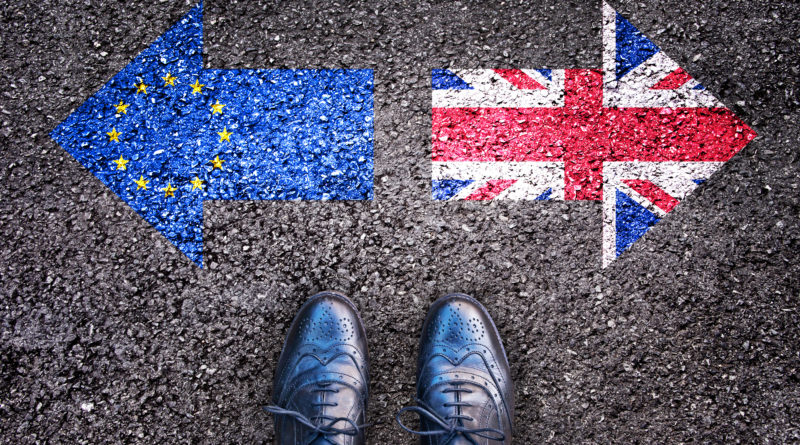What Do the U.K. Election Results Mean?
37,698 total views, 1 views today
On December 12, the British political party behind Brexit gained massive parliamentary power in what many have called a landslide victory. The Conservative Party, also known as the Tories, gained 47 parliamentary seats, giving the party led by Prime Minister Boris Johnson a decisive majority despite Johnson’s low approval ratings. The opposition party, Labour, lost even more seats than the Conservative Party gained. The election results—365 of 650 seats occupied by Conservatives, only 203 by Labour—likely pave the path toward the United Kingdom rapidly exiting the European Union.
Following a national vote to leave the EU in June 2016, the U.K. has encountered a series of prominent obstacles in properly making its exit. The Conservative Party’s new stronghold in Parliament all but guarantees that Brexit will, after many delays, occur in January 2020. Johnson has said that the election results reflect the “unarguable decision” of the British populace to leave the EU. These results give Johnson’s Conservative Party more parliamentary power than it has had since when Margaret Thatcher achieved international notoriety as the party’s leader in the 1980s.
Some commentators have pointed to the Labour Party’s hands-off campaign approach to addressing Brexit as the nail in the election’s coffin. The party faced an entirely different set of challenges than the Conservative Party did: Its leader, Jeremy Corbyn, suffered from even lower approval ratings than Johnson. The party would have ideally needed to appeal to both Remain (stay in the EU) and Leave (leave the EU) voters, whereas the Conservative Party could easily focus on just Leave voters given its uncompromising pro-Brexit stance. Corbyn failed to achieve this aisle-crossing agreeability, as his party’s campaign was widely described as lacking focus and unclear on Brexit. The election results may ultimately reflect not Conservative Party successes, but Labour Party failures.
The direct path now paved toward Brexit may have ramifications outside just party seat counts. Politicians in Scotland, a U.K. member country that has held referendums seeking independence from the U.K., may use Brexit as an excuse to reignite its own flames of independence. Scottish National Party (SNP) leader Nicola Sturgeon may plan to send a letter to Johnson demanding that the country be allowed to hold another independence referendum. When the issue came to a vote in 2014, the Scottish populace voted 55 percent in favor of staying, but many SNP figures believe that Brexit may push Scottish voters toward leaving the U.K.
The U.K. election results may also have ramifications in the U.S. Just as the U.K. voting in favor of Brexit shocked political experts and ordinary people in 2016, so too did the election of Donald Trump. Some have thus pointed to the recent U.K. election as a warning tale for the Democratic Party as it seeks to beat Trump at the polls in 2020. With the American presidential elections nearly a year away, U.S. politicians and constituents upset that the U.K. is barreling toward Brexit may have just enough time to adjust their strategies to avoid the Labour Party’s pitfalls.

